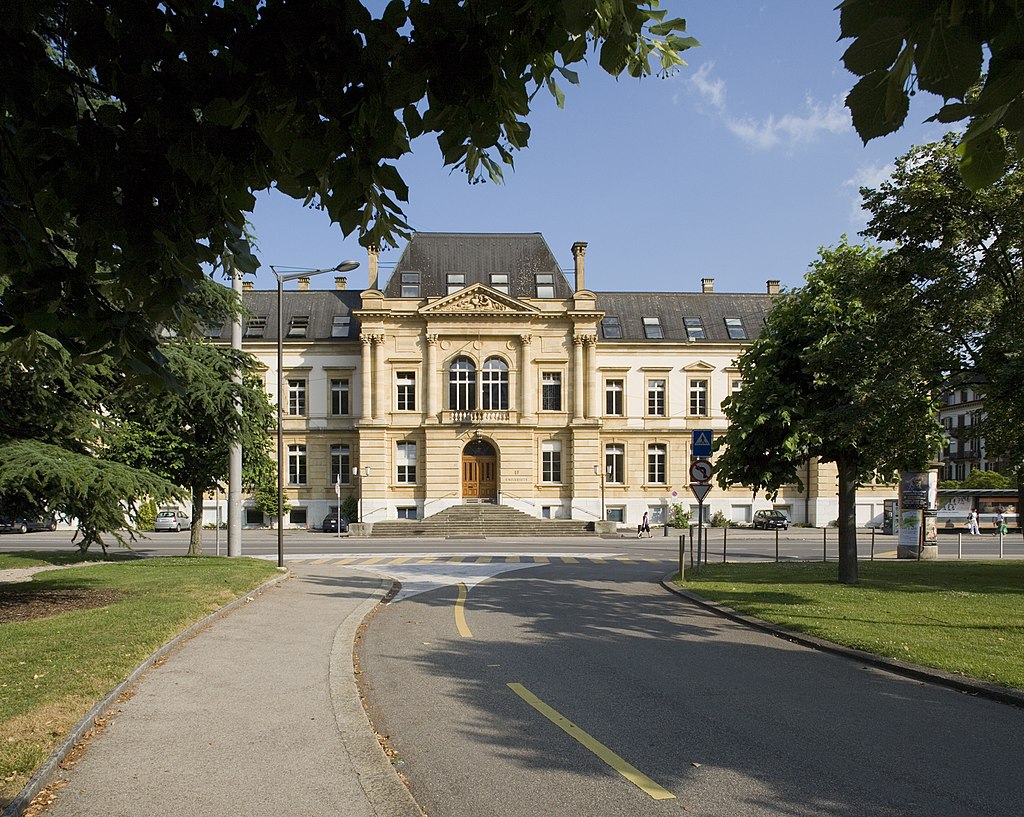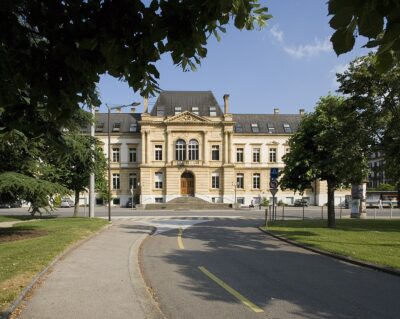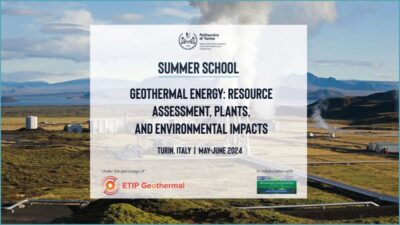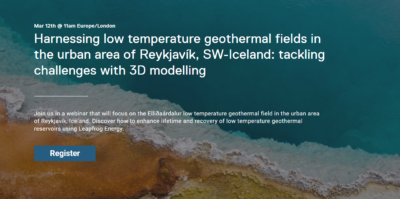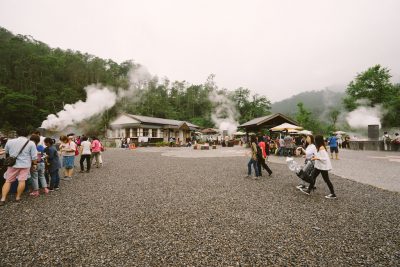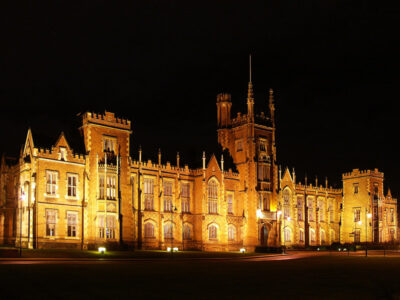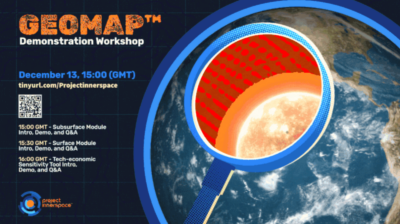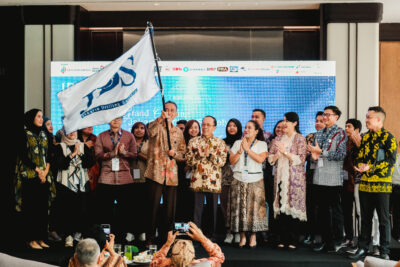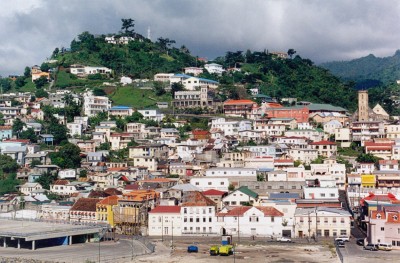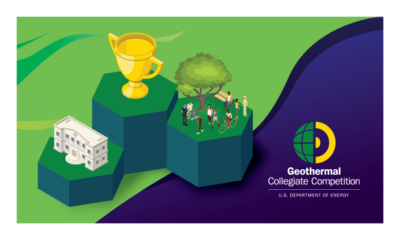Applications open for Advanced Studies in Deep Geothermal – Neuchatel, Switzerland
Applications are being accepted until July 2024 for the CAS Deep Geothermal Systems program at the University of Neuchatel, Switzerland.
The University of Neuchatel in Switzerland is currently accepting applications for the Certificate of Advanced Studies on Deep Geothermal Systems (CAS DEEGEOSYS) program. Instructions for application and a list of all required documents can be found on the official program page.
Applications will be accepted until July 2024. The program will run from September 2024 to March 2025.
CAS DEEGEOSYS consists of four one-week long modules separated by a two-month break. Each module will cover a specific topic:
- Geothermics and geophysics
- Geochemistry and hydrochemistry
- Drilling and logging
- Reservoir evaluation and production
The program, organized by the Center for Hydrogeology and Geothermics (CHYN), is dedicated to training scientists and engineers in the different fields of applied geothermics. The course aims to make them capable of planning, setting up, and leading exploration and/or development projects of deep geothermal resources, including deep aquifers and enhanced geothermal systems.
Six editions of CAS DEEGEOSYS have taken place successfully since 2011 with more than 20 participants for each session. This year’s edition will be receiving sponsorship support from French steel pipe and mechanical connections specialist Vallourec. François Penven, Geothermal Marketing and Development Manager at Vallourec, will appear as a speaker in one of the modules, focused on drilling and logging techniques, and will share his expertise on topics such as well loads, casing standards and modes failure of casings specific to geothermal wells.
Source: Université de Neuchâtel
